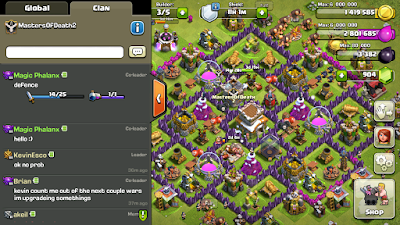Part of why we play video games is because they are epic. Games give us epic environments, epic projects, and epic contexts for action. "Compared with games, reality is trivial. Games make us part of something bigger and give epic meaning to our actions." (McGonigal 98). Reality really isn't exciting or filled with big epic moments; you go to school/work, do your daily routine, and repeat it all again. When playing video games you feel like you are part of an epic battle or are part of something much bigger. Games fill you with awe, an emotion that is only felt when being in the presence of something bigger and epic.
One of the way games make you feel like a part of something bigger is through tracking your progress. The game may have a community-set goal such as 10 billion virtual kills of an enemy. Players know that they are contributing, but how they know their total is given through achievements or kill counters. In Guild Wars 2 there is an achievement panel where you can see how far you have gotten towards these goals. There are many types of achievements that all make you feel like a part of something bigger such as 'greatsword master' given by killing 10,000 enemies with a greatsword. These achievements are also real-time data that is a part of how gamers get better at video games. With progress bars and live feedback achievements help you become better at any game you are playing. (McGonigal 157). Achievements and progress bars help to give epic projects, cooperative efforts carried out by players on massive scales.
 |
| This shows my achievement panel, currently showing my progress towards a legendary backpiece. |
Another way that games feel epic is through large boss fights. Boss fights are large, epic events that combine the games epic environments with epic contexts for action. Players all over are called to complete to kill the big bad boss that spawns and in the process feeling like you are part of something bigger. In Guild Wars 2's expansion, Heart of Thorns, the final map you go to has a large boss event where you must kill the Mouth of Mordremoth in order to continue to the final story mission of the expansion. When I did this event the first time I felt like my entire story had led up to this moment and it was and epic moment that filled me with awe.
 |
| This is a picture of the Mouth of Mordremoth boss attacking one of nine islands you must defend during this event. |
Video games give you experiences that you would never be able to do in your real life. When was the last time you killed a dragon or battled in war against other players? If you can say a number other than 0 then you live a crazy life, but for the average person they want something epic so they turn to video games.
McGonigal, Jane. Reality Is Broken: Why Games Make Us Better and How They Can Change the World. New York: Penguin Group, 2011. Print.








